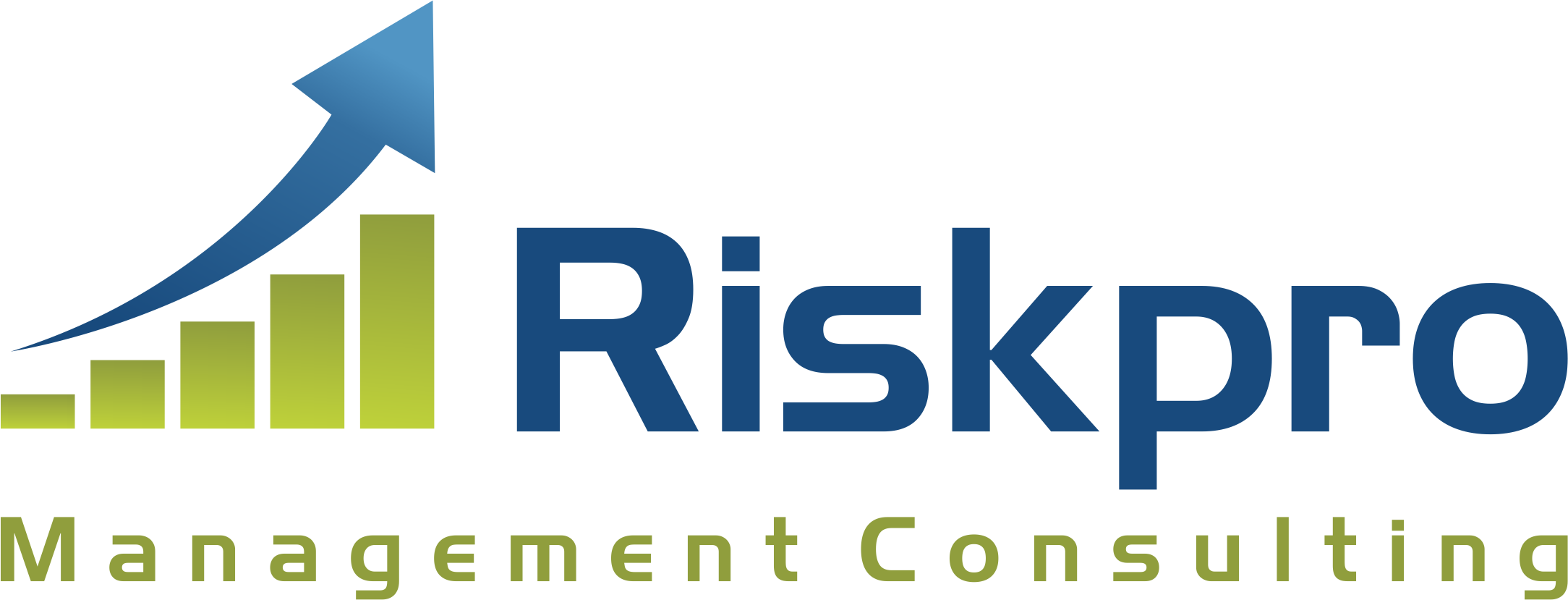Once upon a time, in the bustling world of finance, there was a private sector bank that prided itself on its commitment to due diligence and risk management. One day, the bank found itself approached by a leading power sector company. This company had an impressive portfolio of power projects spread across the country. They had a track record of success in the industry.
The bank had built a reputation for making prudent lending decisions, carefully assessing the creditworthiness of its clients. Eager to expand its lending portfolio and capitalize on the growth potential of the power sector, the bank entered the consortium of bankers lending huge amounts of loans to the power company.
Power Sector was plagued with Purchase Agreements
At first, everything seemed promising. The power company met its financial obligations, and the bank was pleased with the progress of its association. However, as time went on, the bank’s risk management team began to notice subtle warning signs. There were whispers in the industry about the power company’s financial health and rumors of potential defaults. Some of the power purchase agreements of the company were reviewed by the State Owned power distribution companies.
Realizing the importance of being proactive, the bank swiftly engaged the services of Riskpro, a renowned firm specializing in due diligence and asset tracing. The bank entrusted RiskPro with the critical task of thoroughly investigating the power company’s financial situation and assessing the potential risks involved in the power sector.
Structuring of Power Sector Companies
Riskpro’s team of experts embarked on a comprehensive due diligence exercise, leaving no stone unturned. They analyzed the corporate structure of the company. For every power plant, there was a separate private company known as SPV. The borrower had a presence in different sectors like Thermal Power, Hydro Power, and Wind Power. So for every sector, there was a holding company.
They diligently examined the power company’s financial statements, scrutinized its debt servicing records, and analyzed its market position. They also conducted interviews with industry experts and individuals familiar with the company’s operations.
As the investigation progressed, the team at Riskpro unearthed some alarming discoveries. It became apparent that the power company had been involved in questionable financial practices, including corporate structuring and concealing its mounting debt burden. Their financial stability was precarious, and the risk of default was significant.
Armed with this critical information, Riskpro presented its findings to the bank’s senior management. The bank realized that continuing the client relationship with the power company could potentially expose them to significant financial losses. They promptly made the decision to exit the relationship and mitigate their risk exposure.
The bank’s swift action, guided by the insights provided by Riskpro, proved to be a game-changer. Just a few months later, news broke that the power company had indeed defaulted on its loans, leaving several other banks and lenders grappling with substantial losses.
By leveraging the expertise of Riskpro and conducting thorough due diligence, the private sector bank successfully averted a financial disaster. They protected their reputation, preserved their capital, and reinforced their commitment to sound risk management practices.
This case study serves as a powerful reminder of the importance of due diligence and asset tracing in the world of finance. It highlights the value of partnering with trusted experts who possess the skills and knowledge to uncover hidden risks and protect financial institutions from potential pitfalls.
In the end, the private sector bank emerged from this experience as a shining example of prudence and foresight, thanks to its strategic collaboration with Riskpro. They continued to thrive, armed with the lessons learned from this significant event and reinforced their commitment to making informed and calculated decisions.

